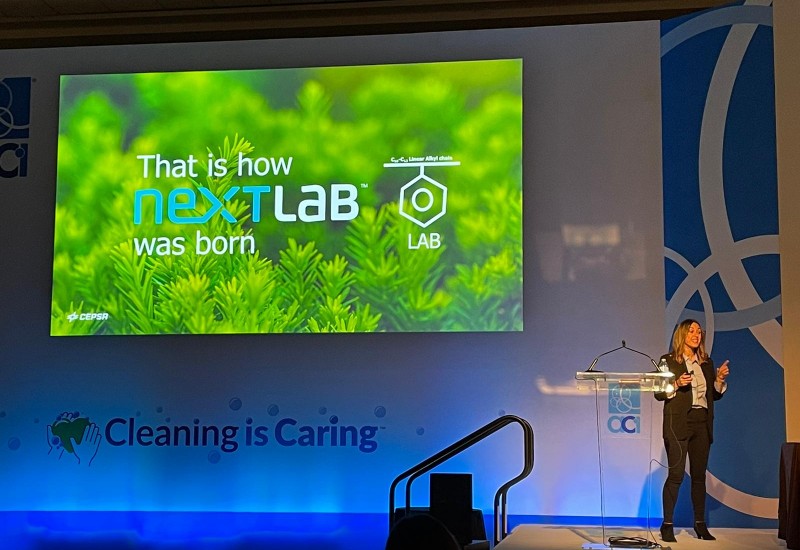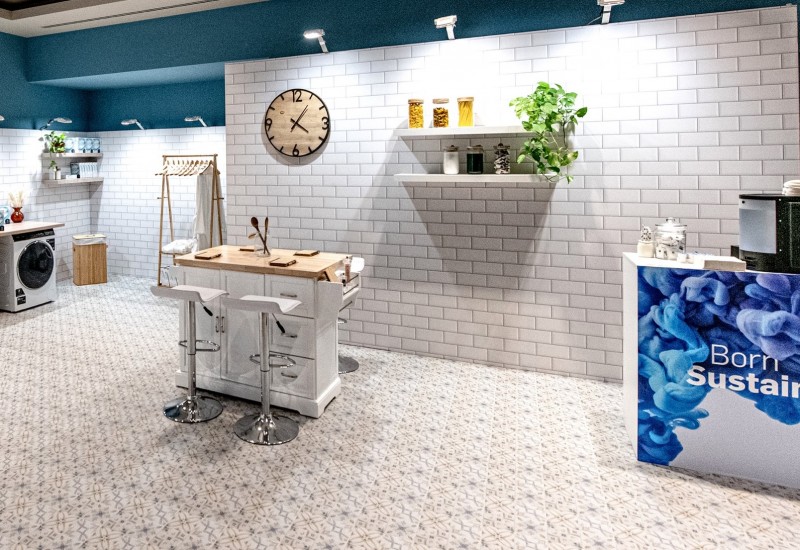Cepsa implements blockchain system
Spain’s Cepsa Chemicals has just launched a new blockchain-based system that will enable it to track the palm and coconut oil it uses as raw material all to the way to use in its production of biodegradable surfactants. The company had launched NextLAB, the world's first sustainable linear alkylbenzene (LAB), earlier this year.












